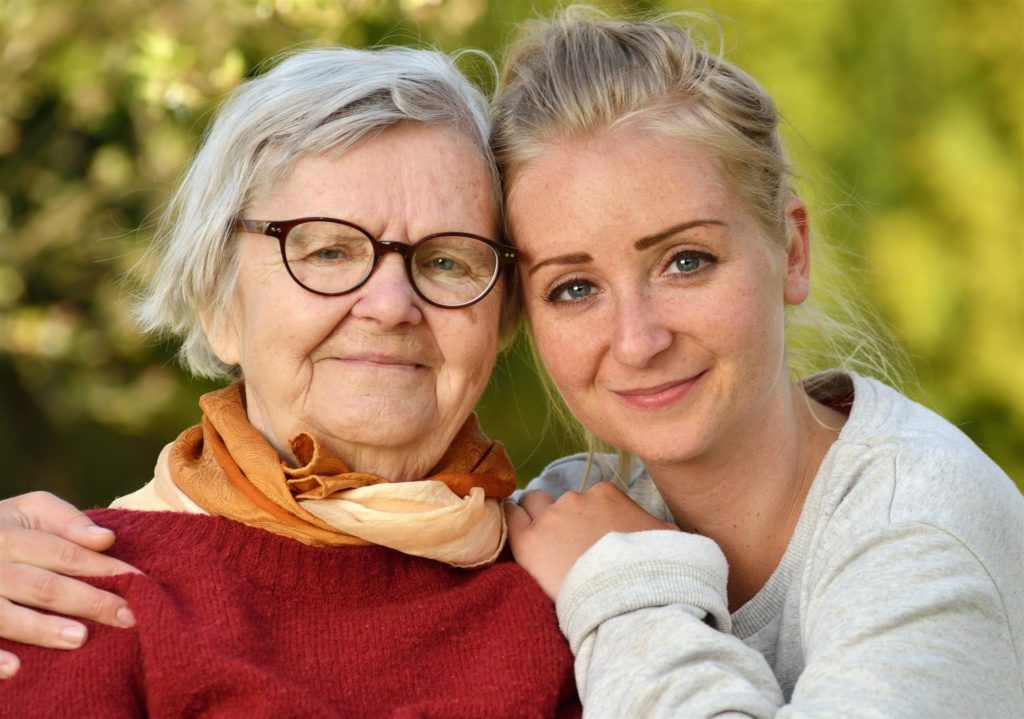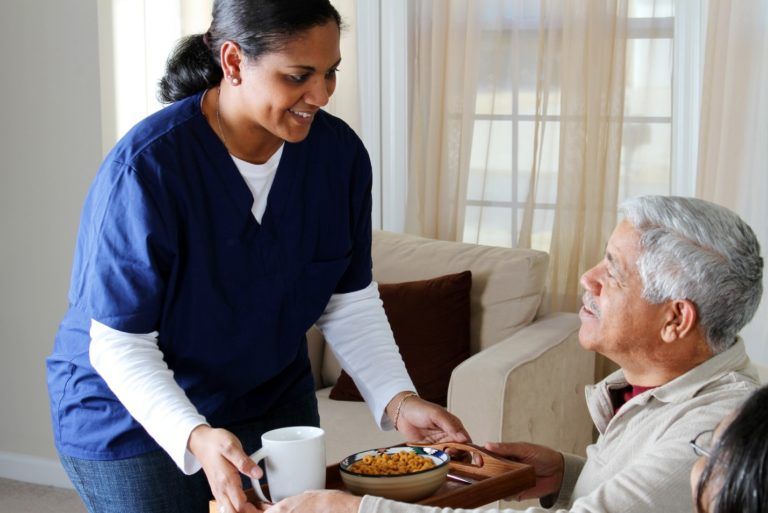Forming Strong Bonds – Why Creating a Positive Relationship Between Seniors and Their Caregivers Is Important
Providing care to an elderly client is a highly personal role. Although family members often try to perform this work as much as they can, there are times when a trained caregiver is both necessary and helpful. Experts understand the importance of having a strong bond between a client and their caregiver – a positive relationship can benefit both parties in many ways. Let’s take a look:
How the Senior-Caregiver Partnership is Vital to a Person’s Health
When a senior needs extra care, even for a short period, the presence of a familiar face can relieve anxiety and stress and improve health.
The development of a long-term relationship between a person and their caregiver provides notable benefits that families might not expect. One study from Johns Hopkins Medicine showed that people with Alzheimer’s who had a better rapport with their caregivers scored higher on memory retention tests. In short, having a caregiver who acts like a good friend could help people retain memory and the ability to do certain tasks for a longer period of time.
Fostering a Good Relationship Helps with Home Care
At Connecticut In-Home Assistance , we understand that providing CT home care for elders can be a tricky path to navigate at first. When a person with limited abilities starts receiving care from someone they do not know, they may be afraid or unsure of what is happening. That’s why we work to foster a bond from the very beginning.
Our trained caregivers do more than simply attend to a person’s basic needs throughout the day or night. Instead, we look at the person’s needs as a whole – including the physical, medical, and emotional aspects. We have learned that allowing our clients time to get to know the person providing care creates a positive environment for everyone. Once a healthy relationship has begun, we aim to keep caregivers working with the same clients as long as possible. This helps to set a routine that is comfortable and easy to follow.
Improving Emotional Well-Being Through Companion Care in CT
As people get older, they often realize that their declining abilities make it harder to do daily tasks as well as activities they once enjoyed. This may limit their opportunities to socialize or visit with friends and family. Because of this, feelings of loneliness and depression are common among seniors – and can be difficult to remedy. Fortunately, expert caregivers who create a bond with their clients can help prevent these feelings from taking hold. Our companion care in CT provides people with delightful engagement that passes the time in pleasant ways.
Having someone to support you as you age can make a dramatic difference in your health and contentment. At Connecticut In-Home Assistance, we provide families with a caregiver that is not just skilled and professional but caring as well. For more information about the senior home care CT residents trust us to provide, contact us at 855-412-2273.
The post Forming Strong Bonds – Why Creating a Positive Relationship Between Seniors and Their Caregivers Is Important appeared first on .
Related Posts


Request More Information
Contact Us
We will get back to you as soon as possible.
Please try again later.
Call (855) 412-2273 Today for a Free on Site Assessment!
Give Us A Call!
Call 855-412-2273 today for a Free on Site Assessment
Offices in Stratford, Hamden, Hartford, and Stamford

